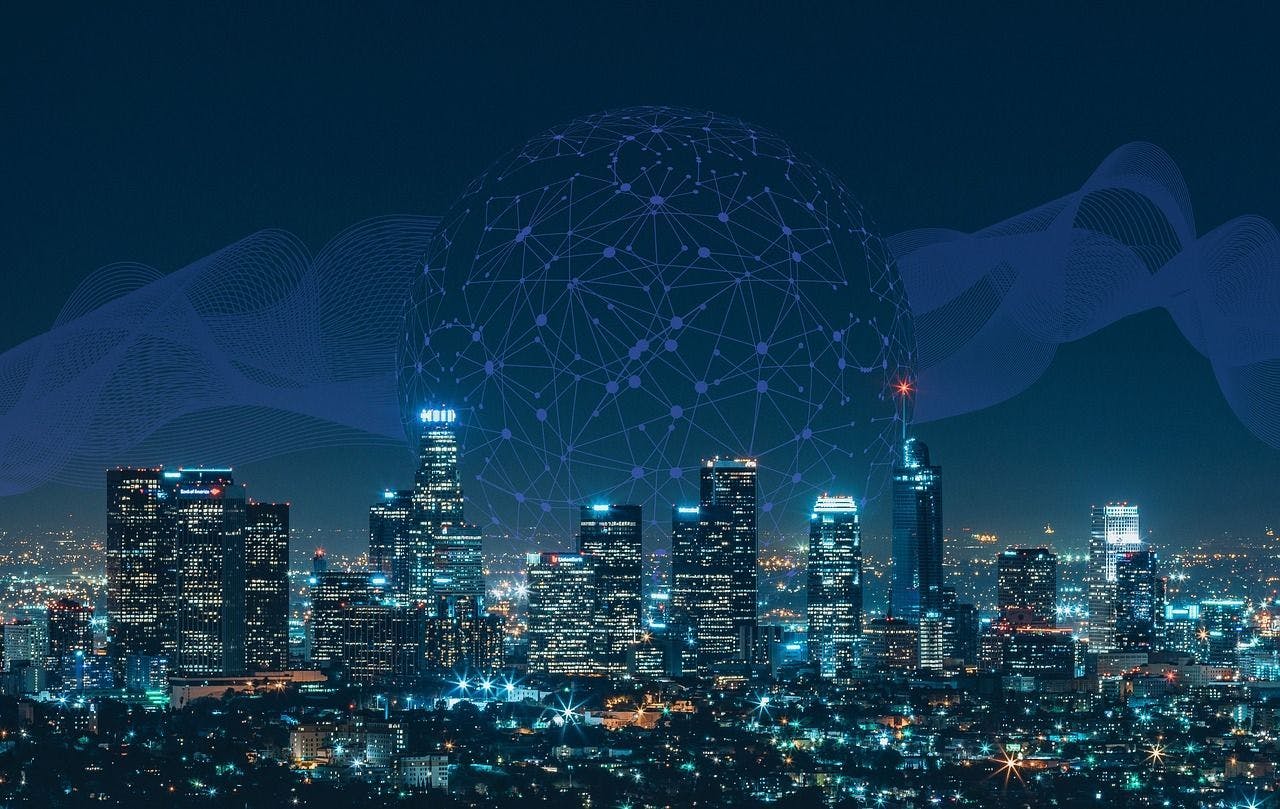176 reads
The Change and Innovation that Web 3.0 Will Bring
by
March 7th, 2022
Audio Presented by

Co-founder of DOITONG & HashEx. Expert in AI, blockchain security, and product strategy.
About Author
Co-founder of DOITONG & HashEx. Expert in AI, blockchain security, and product strategy.
Comments
TOPICS
Related Stories
10 Essential Essays on Bitcoin
Aug 07, 2020
